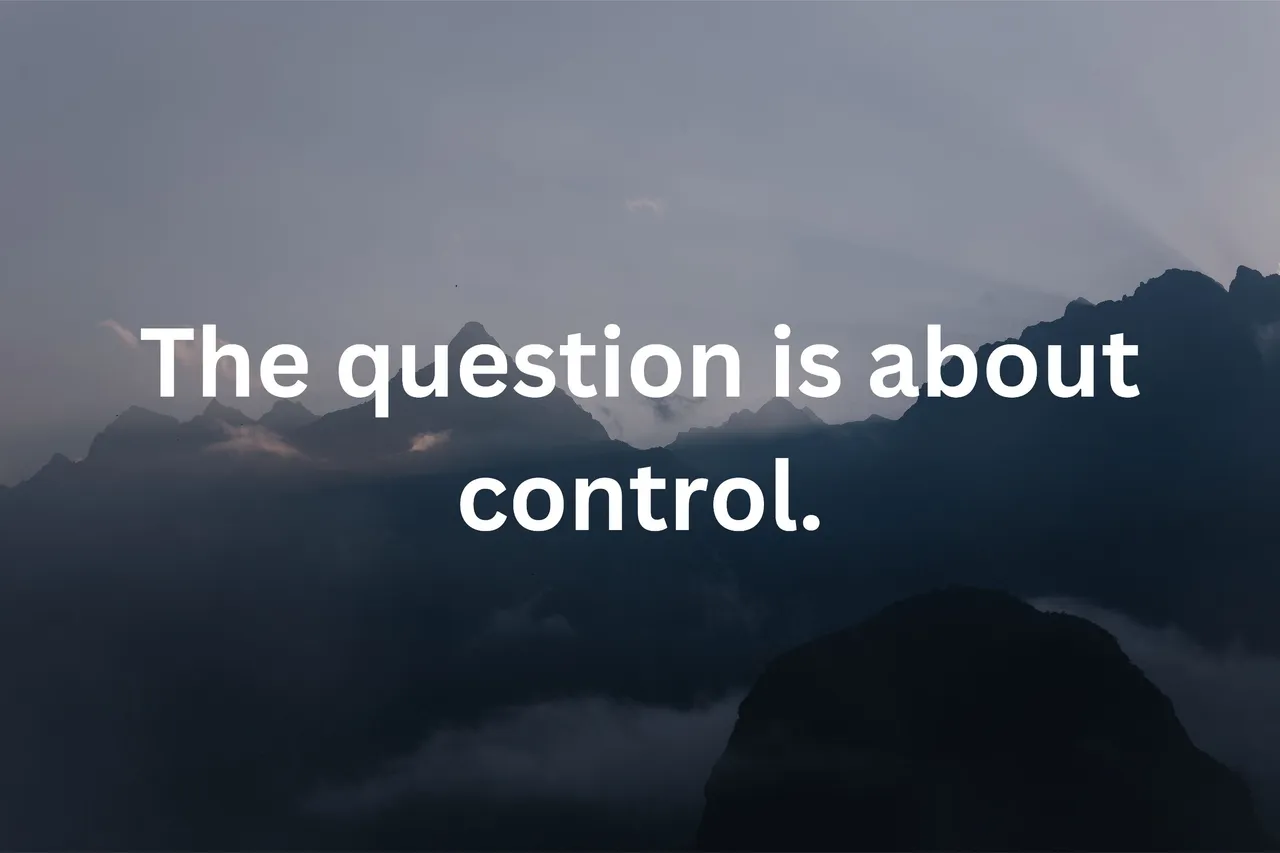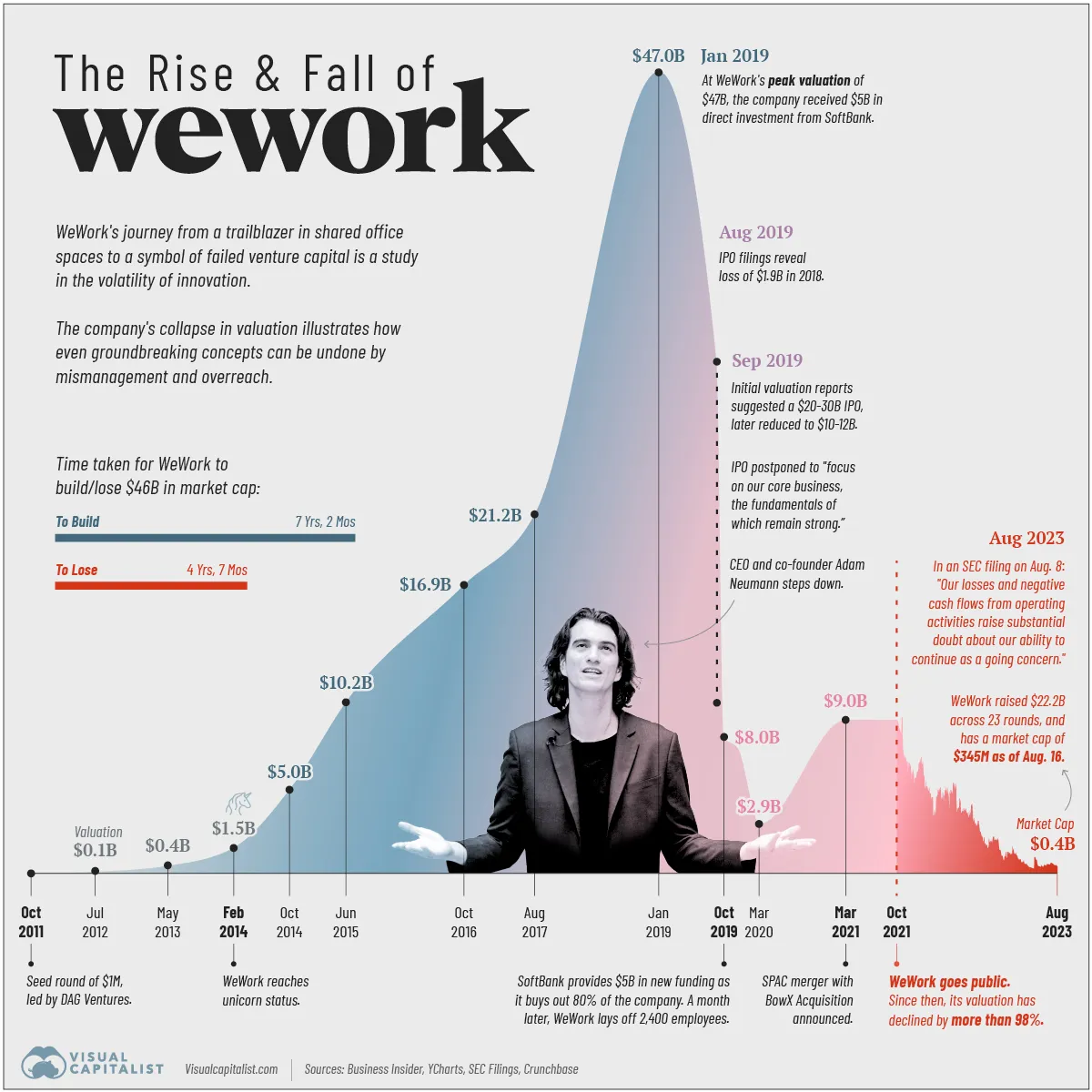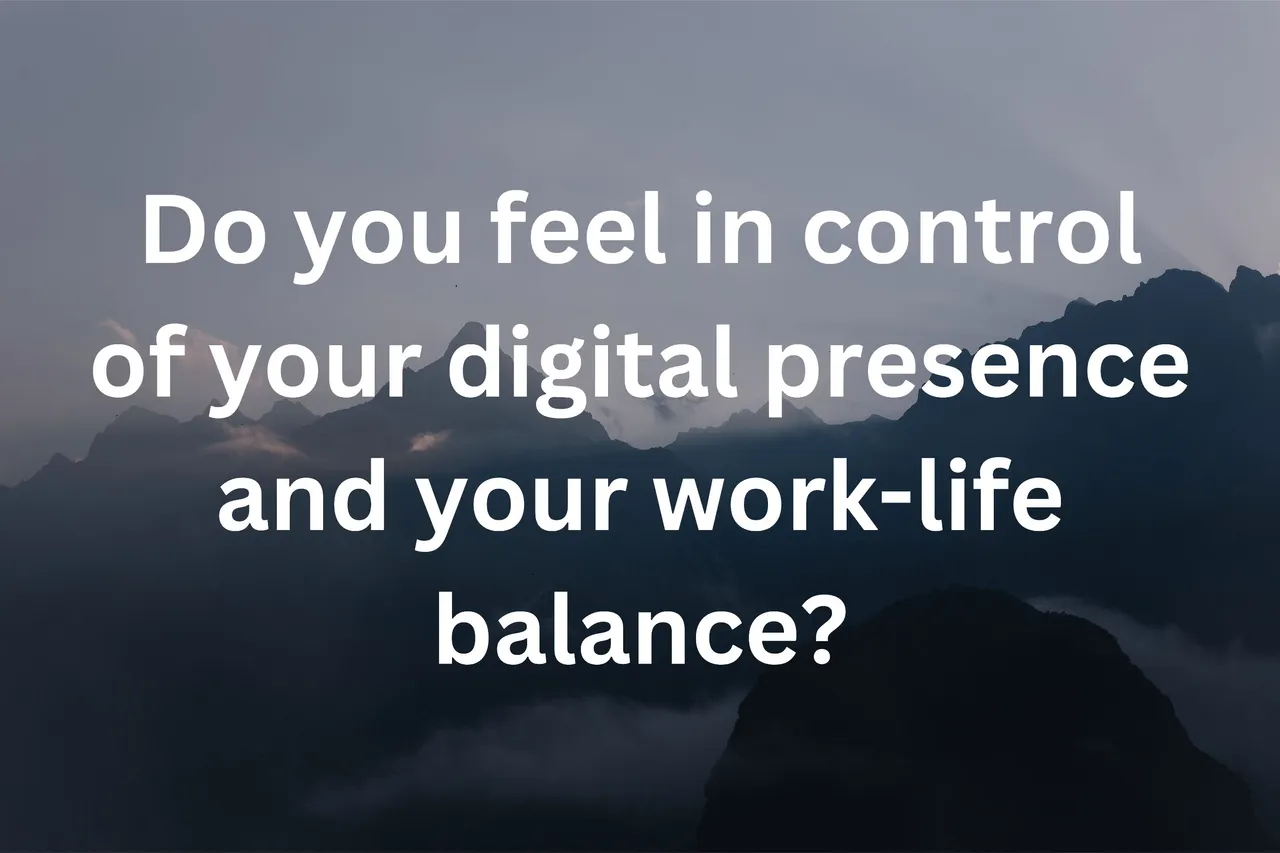Tuesday in a Blog Post
I'm grateful for the opportunity I have to share my content on an account that belongs to no one else. What happened to my friend today could not happen here. Twitter put away another good user. A friend I know lost his account because of "repeated violations" of their rules. The loss of a social media account on that platform should mean something to any user of any application.
Why? These websites aren't yours. The content you share there does not belong to you. You resign the right to remain and therefore remain subject to removal at their convenience. A lot of people forget that until their account's gone.
I can't afford to lose my account, in any event. I chose to write for a living rather than join a job that doesn't compensate my time fairly. This is my bread and butter, now. It ain't much but it's honest work. This girl recorded herself sharing very honest, open thoughts about work. It deserves more attention, from everyone.
Ownership of your content isn't just another blockchain pitch, either. Consider the significance of managing time at work and time at rest, at least from obligation. If sharing your passion for tokens also earned you attention in an economy where you might profit, to lose your account would be like losing your means of earning, or put simply, losing your job. Think about the miscellaneous things you share on your accounts as well. Maybe, it's a photo of a sunset, a video sharing a recipe, or a pop single on the radio that someone resonates with strongly, but no matter what it is you post, your ability to share means to you as your living- it's all part of life, after all. To manage your work, life and even digital presence, you must have ownership. Most social media platforms don't give you that, and sadly, your job doesn't want you to have ownership over your life either.

Nobody Wants Their Job To Rule Their Life Anymore
I haven't posted on my blog in some time, so the first post after a short break means a lot. It's the first comment to break the silence. Here, I wrote that an NYU professor is wrong. I didn't bother reading the article, as it required I spend money on a false equivalence, or comparing apples to oranges. How can you suggest that going into an office puts you on better track to be successful, or become a CEO?
Many people go into the office and complete just as much as those working from home, if not less. Then, this idea leads us to another dilemma to today's age. Committing yourself in-office work requires a commute. That commute, plus your workday, reduces your free time to virtually nothing. Thus, we arrive at our overarching issue: the work-life balance.
We could have a valuable discourse on this, if valid points earned consideration. What should be a fair topic to discuss, becomes a pulpit by which stray comments can undermine the very real issue pressing all of us. Money doesn't go as far as it did in the past. We work more hours to earn less pay that affords even less of the essentials, nevermind, the little extras in life that make moments memorable.
"Essentially, this is a culture clash between different versions of what work is."
Dr Alex Gapud, scarlettabbott
VICE spoke with the doctor, to which he replied the above, which suggests while there's a divide on how to move forward, change is the constant. In fact, ideas previously projected to succeed also faced the undeniable changes from the pandemic.
The difference of opinion on the matters of work are plain as day. This phenomenon surely explains the reason for the decline of the corporate office space company, WeWork.

WeWork Filed For Bankruptcy
Stories come out consistently about the volatility associated with cryptocurrency, despite stocks crashing with a similar consistency. Take, WeWork, for example. The company filed for bankruptcy. This Wired article sums it all up nicely.
The problems include:
- increasing debt
- high interest rates
- an increasing number of people working from home
I mean, it says here that in 2019, the company was valued at 49 billion dollars. In 2021, they finally went public after some details sorted out, and today, the market cap is around a decent memecoin's- 45 million. The token I'm rooting for fell from about 30 million to about 10 to 14 million.
I discuss the performance of crypto, as part of my vocation and passion. Maybe, my business model does not scale well, which is why I ought to innovate more than WeWork. Still, finding the model that works for my task of content creation forms my work-life structure.
I spend time reading, charting, writing, designing graphics, all while listening to music, pausing for food and fitting in video games. I don't believe the structure of 9 AM to 5 PM is unjust, yet, I am not unduly devoted to it, either.
If you devoted yourself to a company like WeWork, you'd be out of a job, your shirt and hat. Crypto and its volatility doesn't look any different, but I still retain my choice to invest myself this way. The problem appears to be corporate's desire to control your wages, your time spent and your physical location, when many make things happen with tighter budgets, less time and most of all, located all over the world.

Feel free to leave your perspective in the comments below.